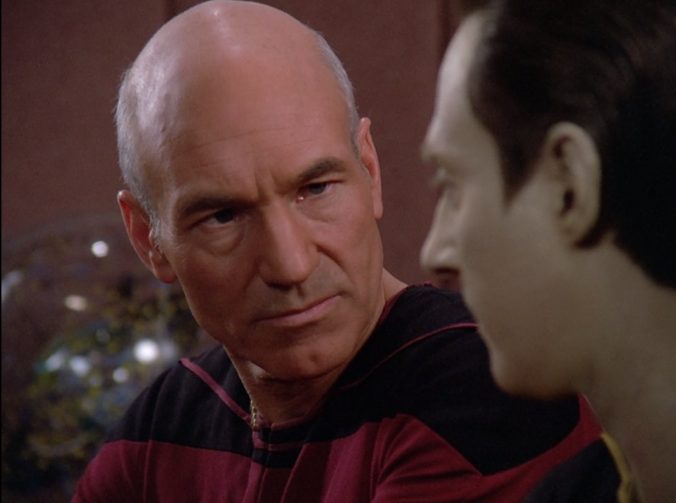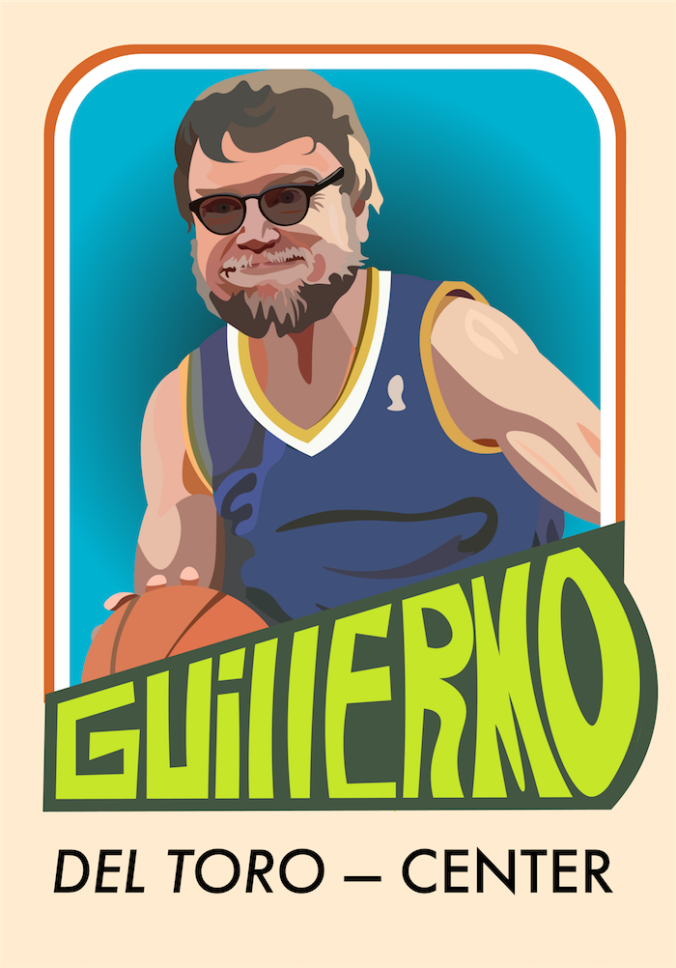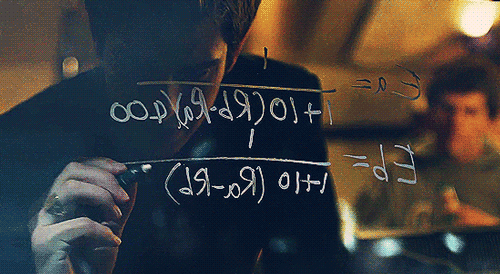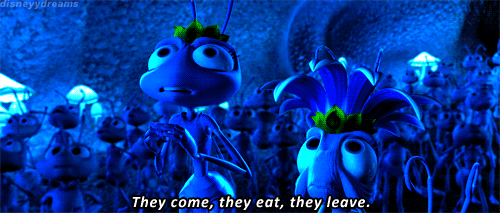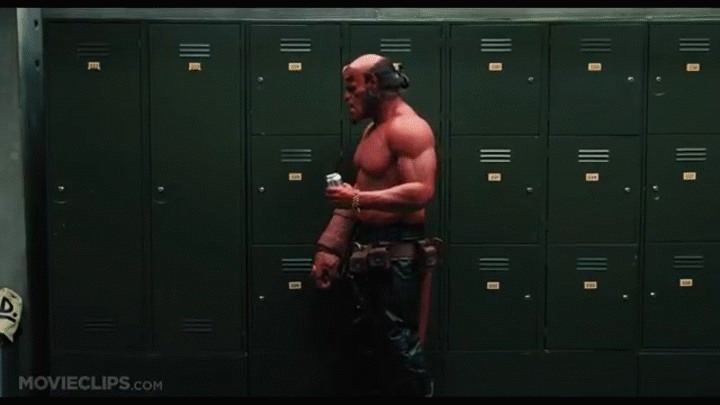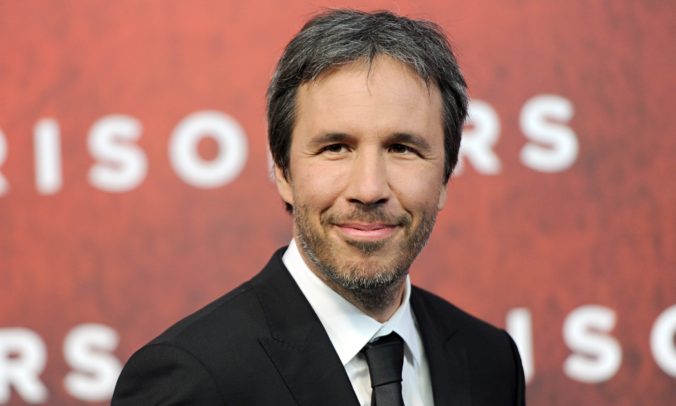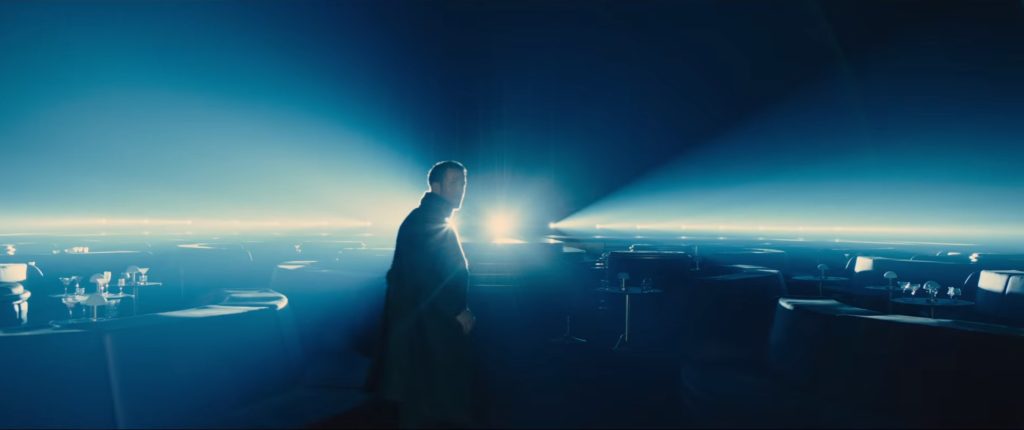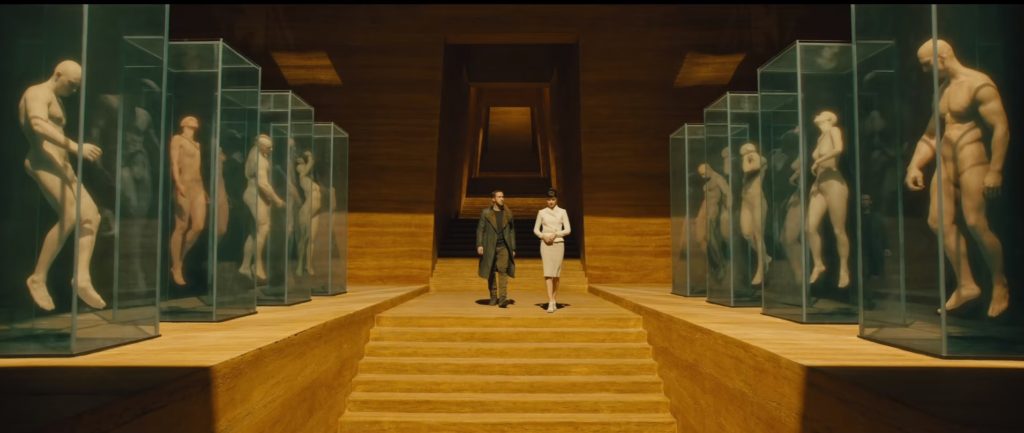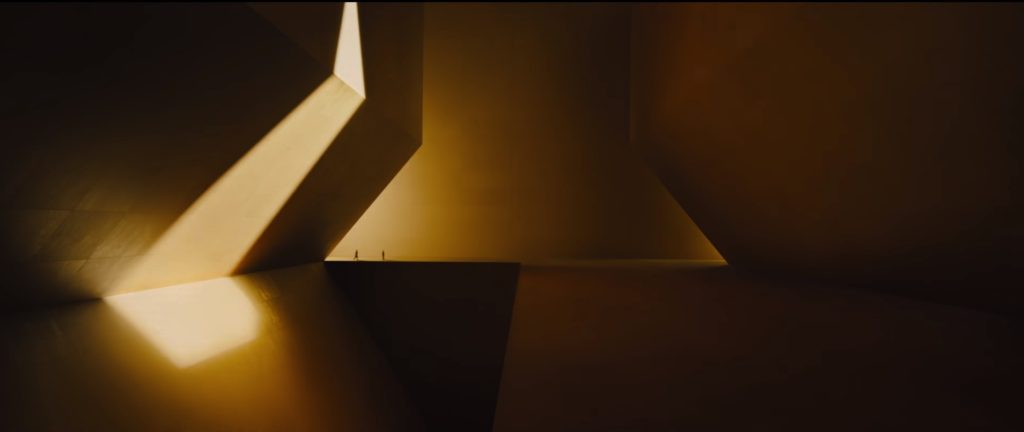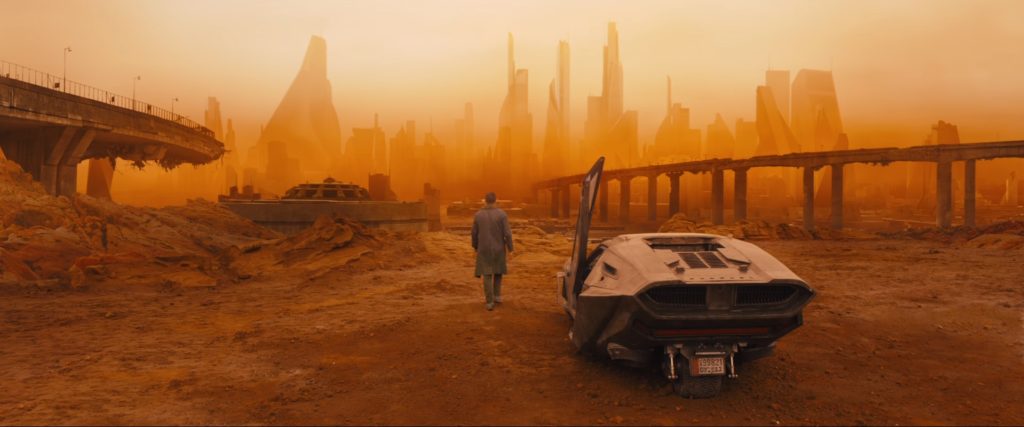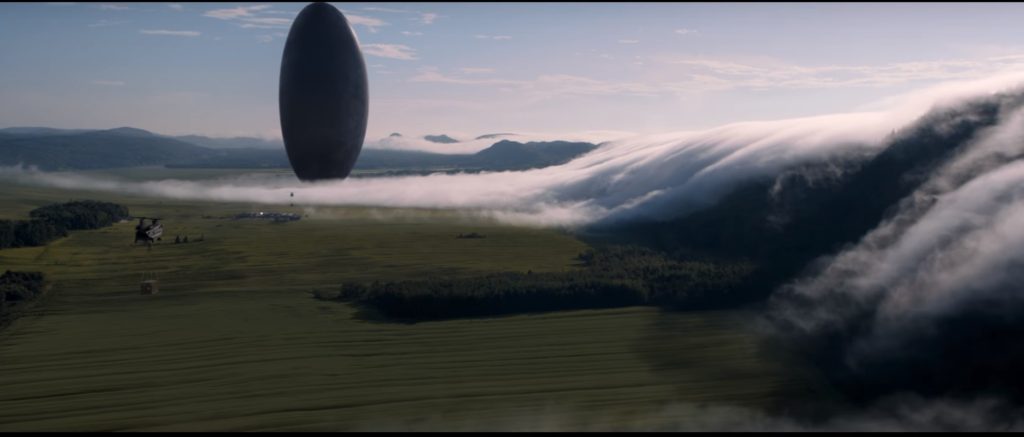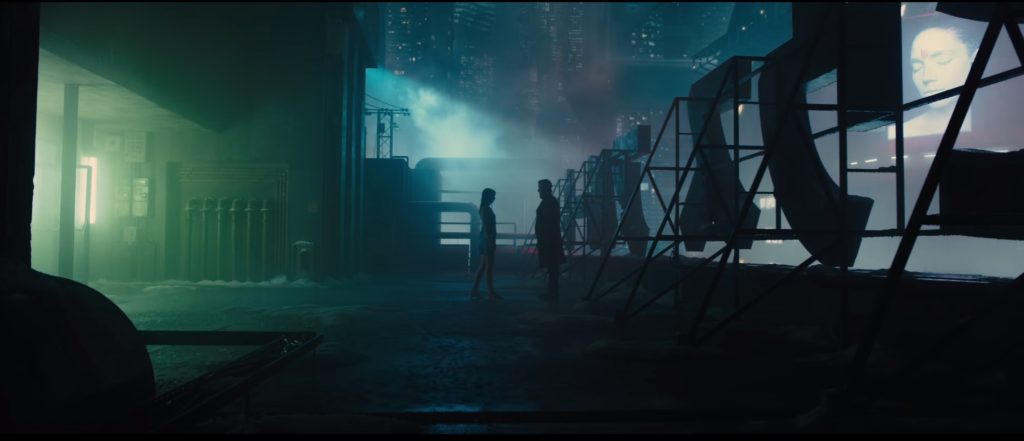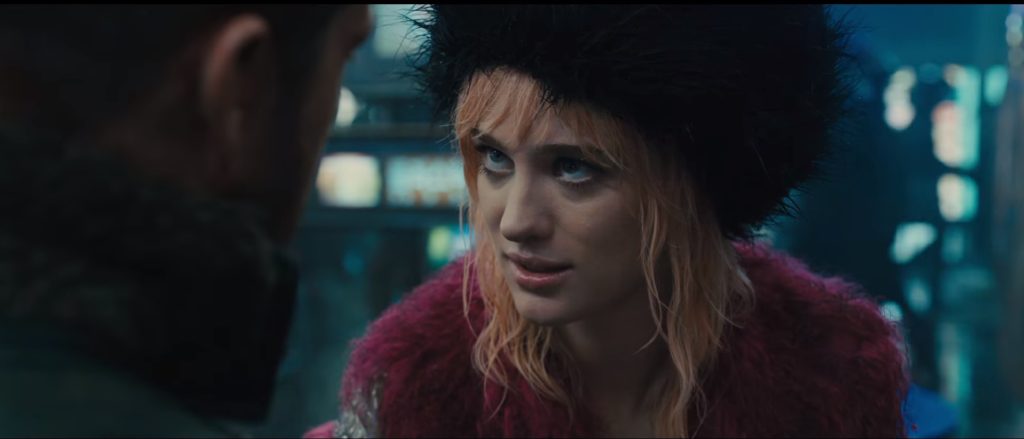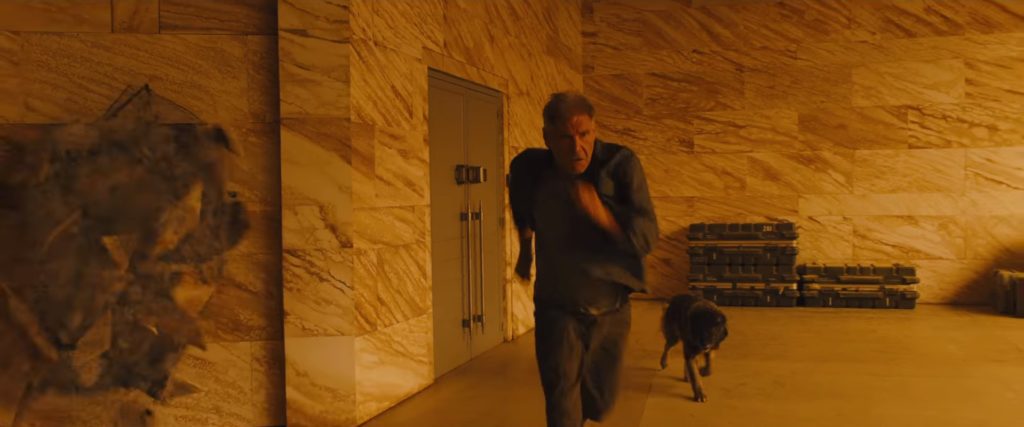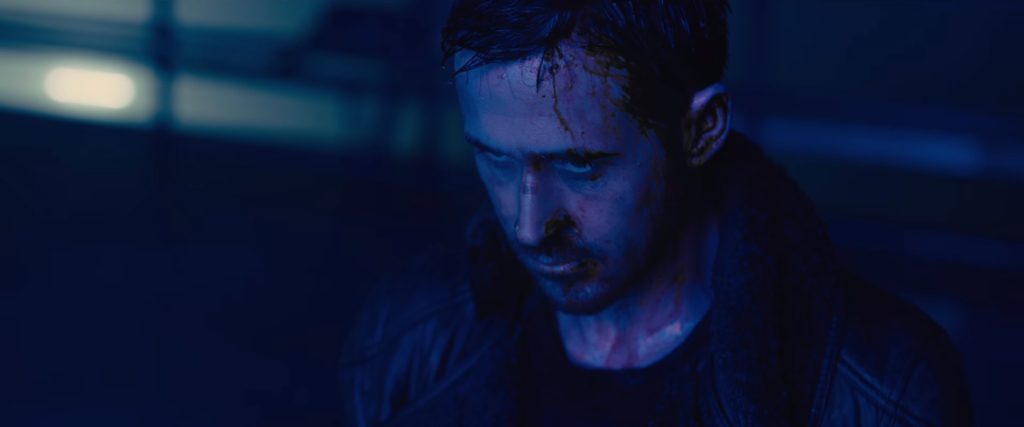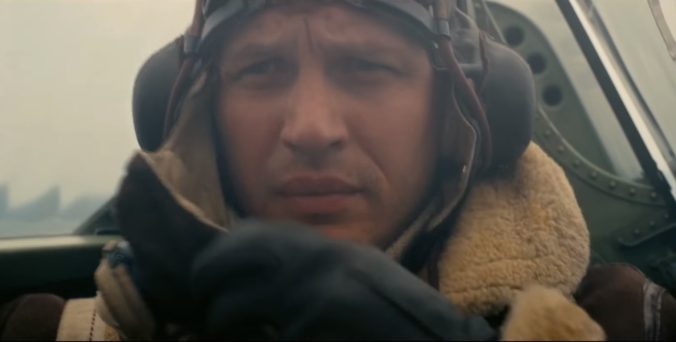If we learned anything this week, it’s that humans aren’t ready to create life. Particularly, intelligent, self-sufficient robot life. Basically, two robots talked gibberish to each other, and everyone lost their minds. For context, some of their conversation:
Bob: “I can can I I everything else”
Alice: “Balls have zero to me to me to me to me to me to me to me to me to.”
Scary stuff.
Coincidentally, I recently watched “Star Trek: The Next Generation” for the first time. It was an episode called “Measure of a Man” from Season Two. It was good. What struck me is the smart and thoughtful way it spoke about the way we treat the things – and possibly eventually life – we create as extensions and reflections of ourselves. After this week’s news, I thought that was interesting. Then I had some more thoughts. Here are those thoughts.
ooo
First, I wanted to note that the single most amazing thing about “ST:TNG” (I’ve seen one episode, I’m pretty sure I can call it that now) is that Patrick Stewart is in it. Now, this may not come as news to most people and most people may, in fact, already know that “Next Gen” (as the true fans like to call it) was actually Stewart’s first big break in entertainment, but in the context of a modern viewer who had no awareness of the actual Patrick Stewart Reality he lived in, I found this amazing. In my mind, it was unbelievable that someone as talented and famous as Stewart would “stoop” to television (as they liked to say in the 80s and 90s before television was mostly better than movies). Sir Patrick Stewart! Anyway.
People love imagining the day robots become sentient. It’s something sci-fi creators have dreamt about early and often. Two of the best movies of the last five years (“Her” and “Ex Machina”) were largely about that. “Measure of a Man” came on the airwaves in February 1989. So the idea’s been around.
The episode is about a member of the “Star Trek” team named Data, played by Brent Spiner.* He’s an android. He seems great. He seems smart. He gets stuff done. The crew even loves playing poker with him. He has a distinctly human quality of looking, walking and talking like a human but doesn’t really have emotions.
*I refuse to be held liable for any words or phrases that may upset “Star Trek” nerds. Don’t @ me.
Early on, a fella named Maddox comes along who decides he needs to take Data apart to figure out what makes him tick in order to make more Datas. This way, more ships in the Starfleet will have smart androids on their team. And peace will rule the universe! Or something! The problem is, Maddox is not very convincing in the sense that he doesn’t actually seem prepared to perform such a surgery, and there seems to be a decent chance Data doesn’t come out of it as himself (or alive?!).
Basically, as a volunteer member of the Star Squad, Data is able to be like, “You know what, nah. I’m good.” Then Patrick Stewart, who plays Captain Picard, is like, “Yeah, you know what, I think Data’s good.” But then Maddox is like, “I was afraid it might come to this! Data is the property of Starfleet because it is an android, and I can do whatever the hell I want!” Then they argue about bylaws and clauses and other plot contrivances to delay the inevitable for a while: a trial where they decide whether Data is a sentient being with the right to opt out of the procedure.
The question more or less becomes “Does Data have a soul?” “The essence of experiences,” they call it. “An ineffable quality.” As our discourse proved this week, we are not prepared to answer or even address that question now, even 30 years later. But the characters in “Star Trek,” namely Patrick Stewart, are prepared. They handle the situation with care and compassion.
Thanks to a timely meeting with Whoopi Goldberg, who is also apparently in this show (did this show launch literally everyone’s career??), Patrick Stewart realizes that the decision over Data’s sentience and right to choose for himself is not just about Data. It’s about all androids, present and future. The precedent they set in these 45 minutes will decide whether future androids will be reduced to slave labor. It’s like a “Westworld” episode that’s actually thoughtful and interesting and not predicated entirely on a big plot twist you see coming a mile away.
Patrick Stewart and the others present their arguments over Data’s sentience to an independent arbiter – Captain Phillipa Louvois, played by Amanda McBroom. Then she makes her decision. And says this:
“Does Data have a soul? I don’t know that he has. I don’t know that I have. But he should have the freedom to explore that question for himself.”
It’s hard to deny Data is more likely to be referred to as “him” than “it,” even just watching his quirks play out over the course of a single episode. But what is that “ineffable quality,” that “essence of experiences”? You’ve probably heard the word “soul.” Maybe “spirit,” or even “life force.” How do we describe that essential trait that makes us human? We’re many years into existing as a species, and we still don’t have a satisfying way to understand it. It’s one of the paradoxically un-understandable yet completely understood things about being human.
As Louvois says, “I don’t know that I have.” Do any of us truly? And even if we do, how do we separate ourselves from the things we create, especially once those things start learning to talk back? What’s beautiful, I think, about this “Star Trek” episode is the thought that the things we create should be recognized to be as imperfectly perfect as we are. That we are not gods ourselves, but flawed humans who have been plodding along for centuries, despite ourselves at times. That the things we create are, by extension, just as human as we are. If and when the day of robot sentience comes – which even now, seems hard to imagine – I hope we can handle the discourse surrounding it with half as much grace as “Star Trek” did 30 years ago.
That’s probably asking a lot.
